Russia shrugs off West's oil price cap, says it will not disrupt its 'special military operation' in Ukraine
The Kremlin has warned that Russia will not disrupt its months-long special military operation in neighboring Ukraine even as a Western-imposed price cap on the country’s oil exports enters into effect.
Dmitry Peskov, the Kremlin spokesman, shrugged off on Monday the $60-per-barrel price ceiling agreed by the European Union, Group of Seven (G7) and Australia, which aims to restrict Russia's revenues from its oil sales, stressing that Moscow would not stop financing the military campaign in Ukraine despite the measure.
"Russia's economy has all the necessary potential to fully meet the needs and requirements of the special military operation," Peskov told reporters in a press briefing at the Kremlin, adding, "These measures will not affect this.”
Underlining that Russia "will not recognize" such restrictive measures, Peskov said they amounted to "a step towards destabilizing the global energy markets" and would change oil prices.
Ukrainian President Volodymyr Zelensky has said that $60 is too high to stop the Russian war in Ukraine, adding, "You wouldn't call it a serious decision to set such a limit for Russian prices, which is quite comfortable for the budget of a ... state."
The price cap is the latest in a series of measures spearheaded by Western countries and introduced against Russia — the world's second-largest crude oil exporter — after the launch of its military operation and deployment of troops in Ukraine.
Peskov’s remarks came as the price cap agreed by the EU, the G7 nations — Canada, France, Germany, Italy, Japan, Britain and the United States — along with Australia on seaborne deliveries of Russian crude oil came into force on Monday.
The agreement allows Russian oil to be shipped to third-party countries using G7 and EU tankers, insurance companies and credit institutions, only if the cargo is bought at or below the $60 per barrel cap.
The market price of a barrel of Russian Urals crude is currently around $65 dollars, just slightly higher than the $60 cap agreed, suggesting the measure may have only a limited impact in the short term.
Reacting to the price ceiling, Russian Deputy Prime Minister Alexander Novak called it a gross interference that contradicted the rules of free trade and would further destabilize the market.
"We will sell oil and petroleum products only to those countries that will work with us under market conditions, even if we have to reduce production a little," said Novak, the Russian government official in charge of its oil, gas, atomic energy and coal.
In recent months, natural gas prices have skyrocketed since Moscow halted deliveries to Europe in suspected retaliation for Western sanctions and the bloc struggled to find alternative energy suppliers.
Shortly after Peskov's remarks, the Ukrainian officials said Russia had destroyed homes in the country’s south and knocked out power in the north in a new round of missile attacks on Monday.
Air alerts sounded across Ukraine and the officials called on civilians to take shelter from what they said looked like a large wave of strikes.
Russia’s war on Ukraine started in late February with Moscow saying that it was aimed at defending the pro-Russian population in the eastern Ukrainian regions of Luhansk and Donetsk against persecution by Kiev.
Ever since the beginning of the war, Kiev's Western allies, led by the US, have been pumping Ukraine full of advanced weapons and slapping Russia with a slew of sanctions, steps that Moscow says will only prolong the hostilities.
Hamas: Israel escalating ceasefire violations in Gaza
Venezuela's government declares unwavering unity behind Maduro
VIDEO | Global outcry over Venezuela president abduction
Iran keeps wheat import subsidies despite cutting other food supports
Venezuelan military stands with acting president after US kidnapping of Maduro
VIDEO | Press TV's news headlines
VIDEO | Protesters in Toronto slam US kidnapping of Venezuelan president
Israeli troops detain, intimidate Palestinian toddler in West Bank


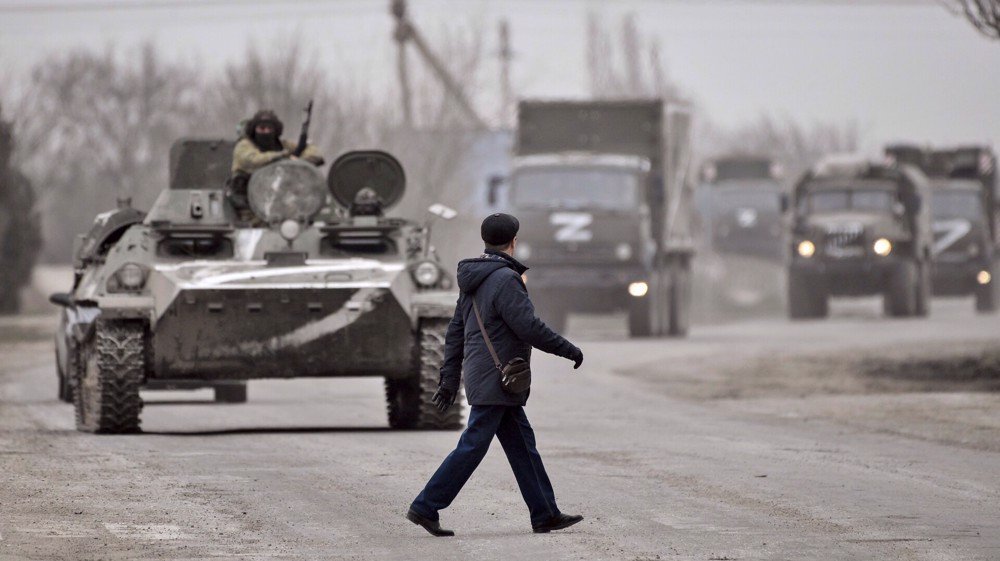
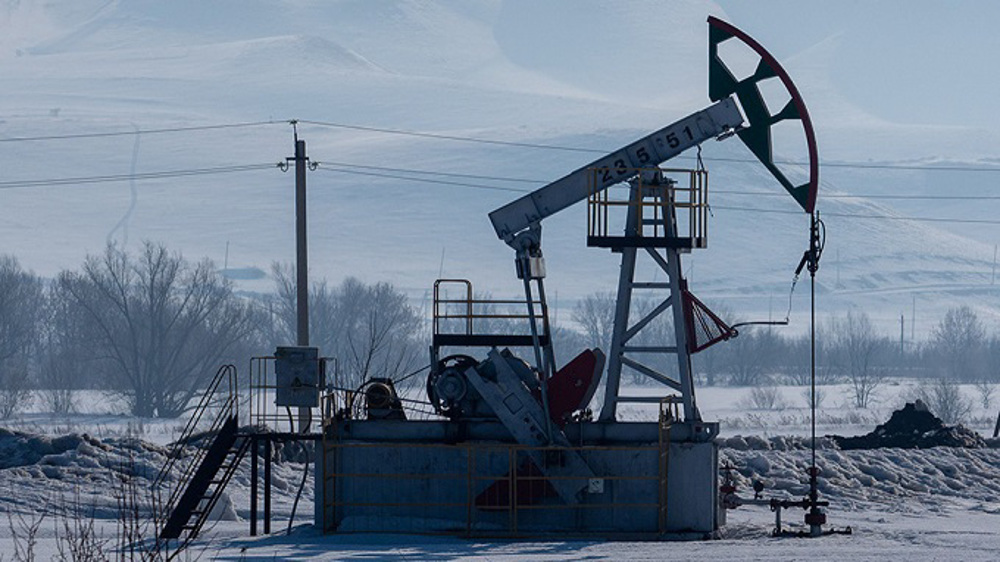
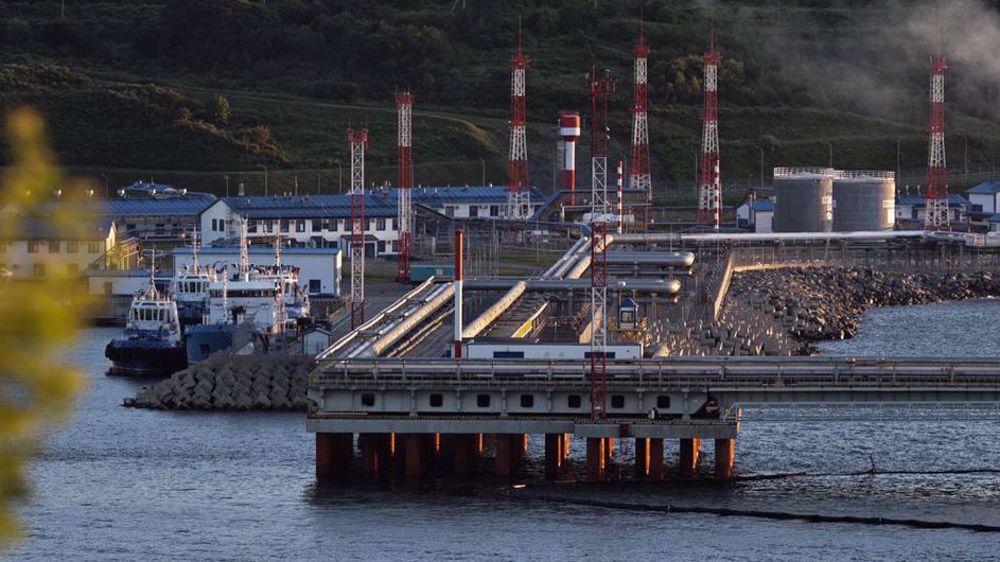
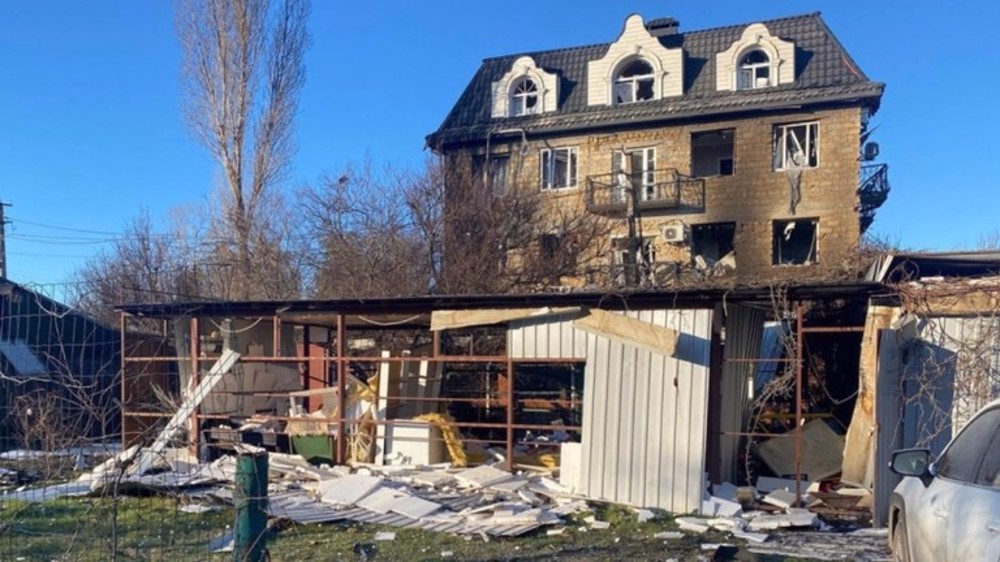
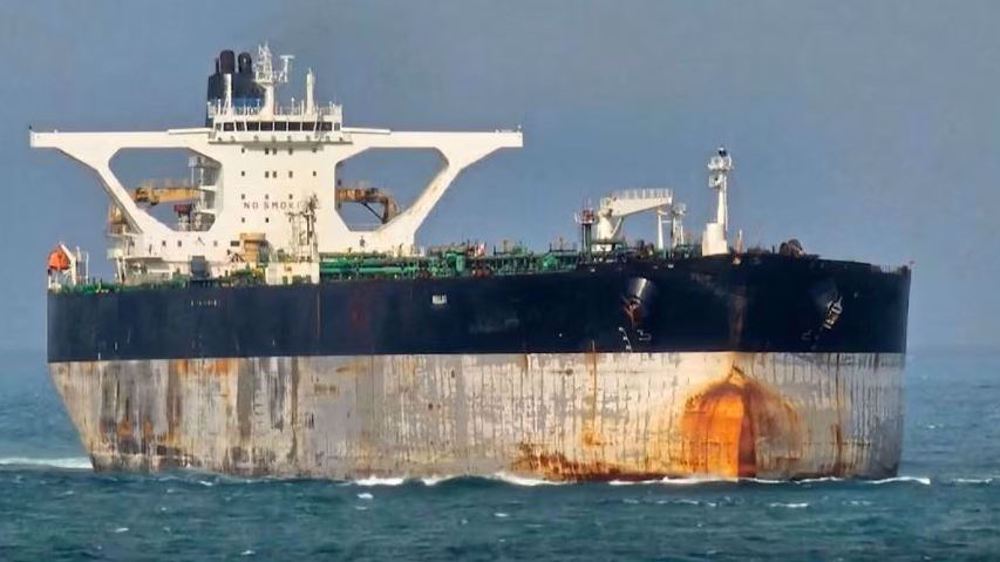





 This makes it easy to access the Press TV website
This makes it easy to access the Press TV website